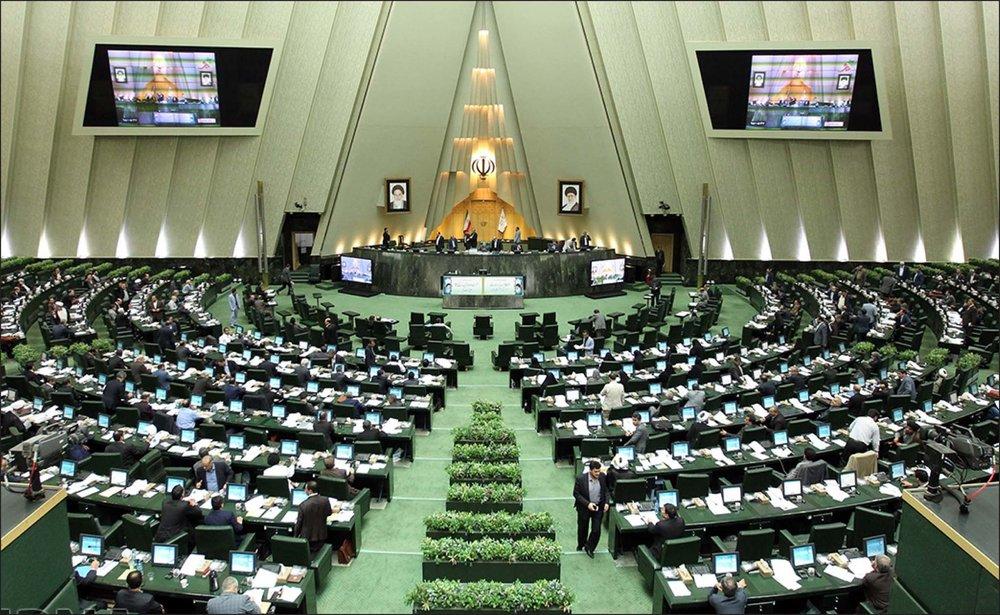Campagins for parliamentary elections kick off in Iran

By Abdul Kerimkhanov
Pre-election campaign for Iran’s parliamentary elections started on February 13 and will last until February 19, Iran’s Tasnim news agency reported.
The votes for the parliament and the midterm election of the Assembly of Experts will be held simultaneously on February 21.
The campaigns for the Assembly of Experts midterm election had already begun on February 6.
A number of candidates running for the parliament are 7,148. This includes dozens of Iranians from the religious minorities. There are 290 seats in the parliament up for grabs.
As for Tehran, as many as 1,453 candidates are contesting one of the 30 allocated seats on the legislature.
The lawmakers in Iran are elected for a four-year term, with no limitation for the incumbent or former parliamentarians to run again.
In addition, people in such provinces as North Khorasan, Khorasan Razavi, Fars, Tehran and Qom are going to elect seven candidates running for the midterm election of the 88-member Assembly of Experts, a high-ranking body that elects leader of the Islamic Revolution.
People will directly elect assembly members to the office for an eight-year term. It holds biannual meetings to appoint a new chairman.
Top Iranian officials have repeated calls over the past weeks for a high turnout in the elections.
Note that the next legislative election in Iran is scheduled for 21 February 2020.
Iranian Parliament is the national legislative body of the country. The most recent election took place on 26 February 2016 and the new parliament was opened on 28 May 2016.
Currently, there are 290 members of Parliament, 14 of whom represent non-Muslim religious minorities (4.8 percent), and are popularly elected for four-year terms. About 8 percent of the Parliament are women, while the global average is 13 percent.
The Parliament can force the dismissal of cabinet ministers through no-confidence votes and can impeach the president for misconduct in office. Although the executive proposes most new laws, individual deputies of the Parliament also may introduce legislation. Deputies also may propose amendments to bills being debated. The Parliament also drafts legislation, ratifies international treaties, and approves the national budget.
Abdul Kerimkhanov is AzerNews’ staff journalist, follow him on Twitter: @AbdulKerim94
Follow us on Twitter @AzerNewsAz
Here we are to serve you with news right now. It does not cost much, but worth your attention.
Choose to support open, independent, quality journalism and subscribe on a monthly basis.
By subscribing to our online newspaper, you can have full digital access to all news, analysis, and much more.
You can also follow AzerNEWS on Twitter @AzerNewsAz or Facebook @AzerNewsNewspaper
Thank you!
